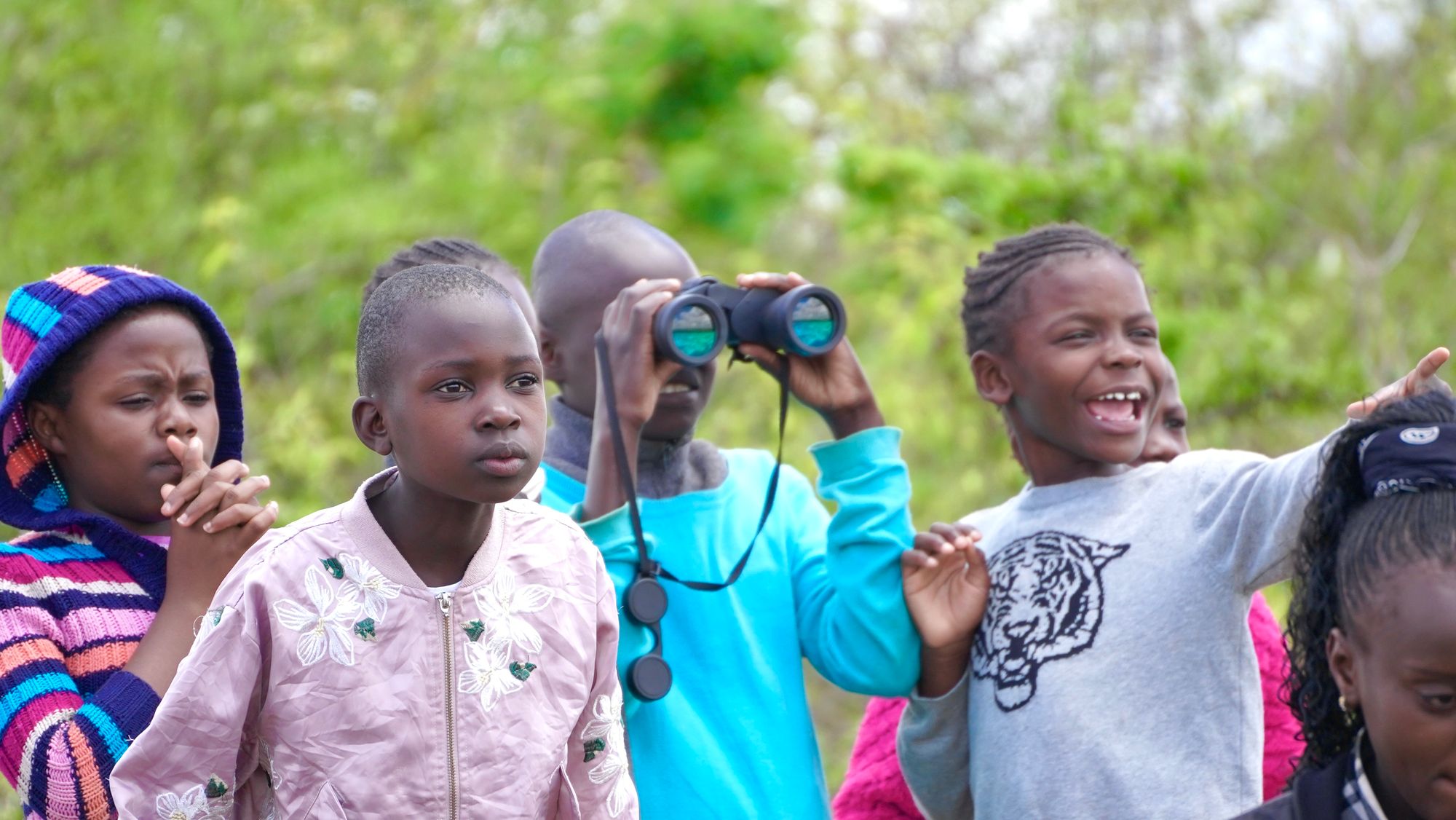20 reasons for conservation hope in Africa
20 reasons for conservation hope in Africa
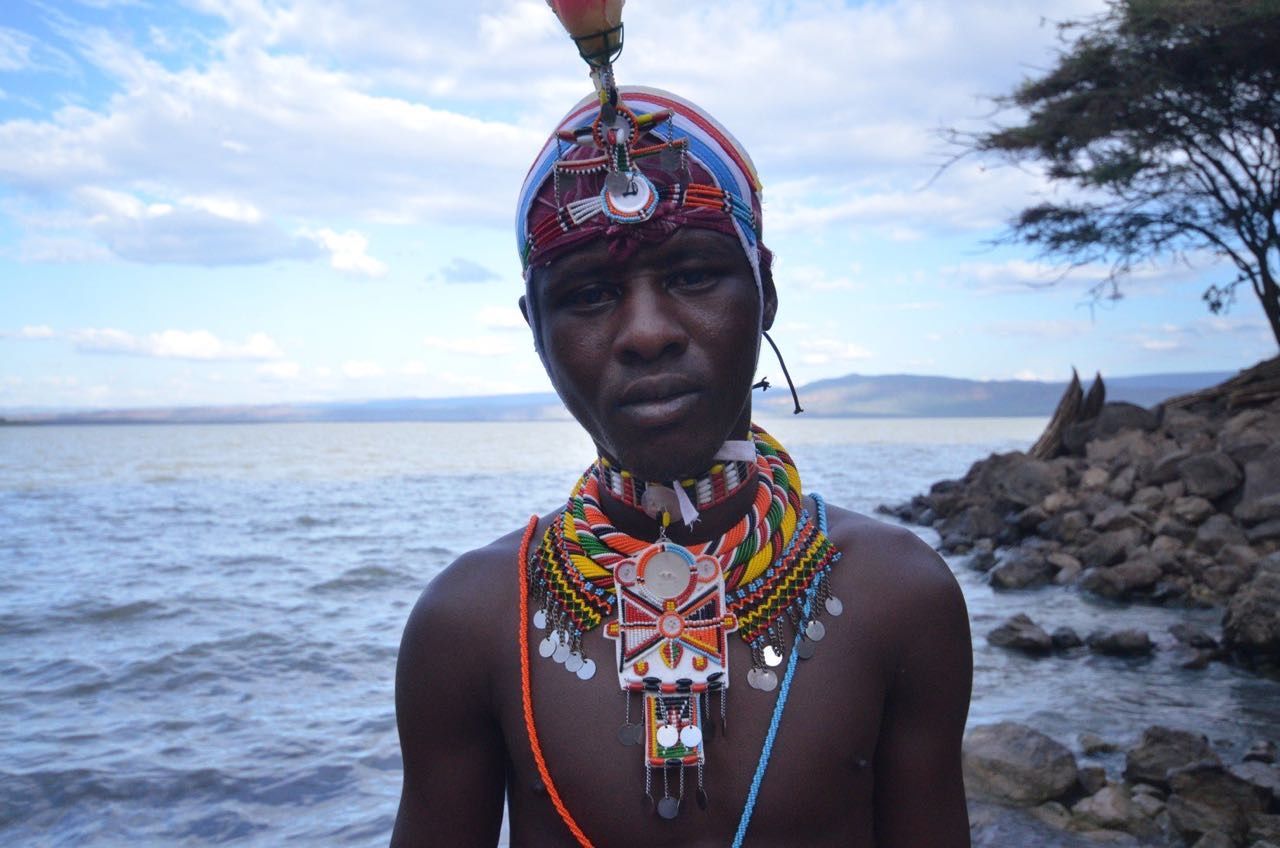
We all know that wildlife conservation matters, but most people couldn’t articulate why. Here’s a few suggestions:
Biodiversity: Wildlife conservation helps to maintain biodiversity, which is essential to the health of our planet. Biodiversity refers to the variety of life on Earth, from the smallest bacteria to the largest mammals. Every species plays a unique role in the ecosystem, and the loss of even a single species can have far-reaching consequences for the entire ecosystem.
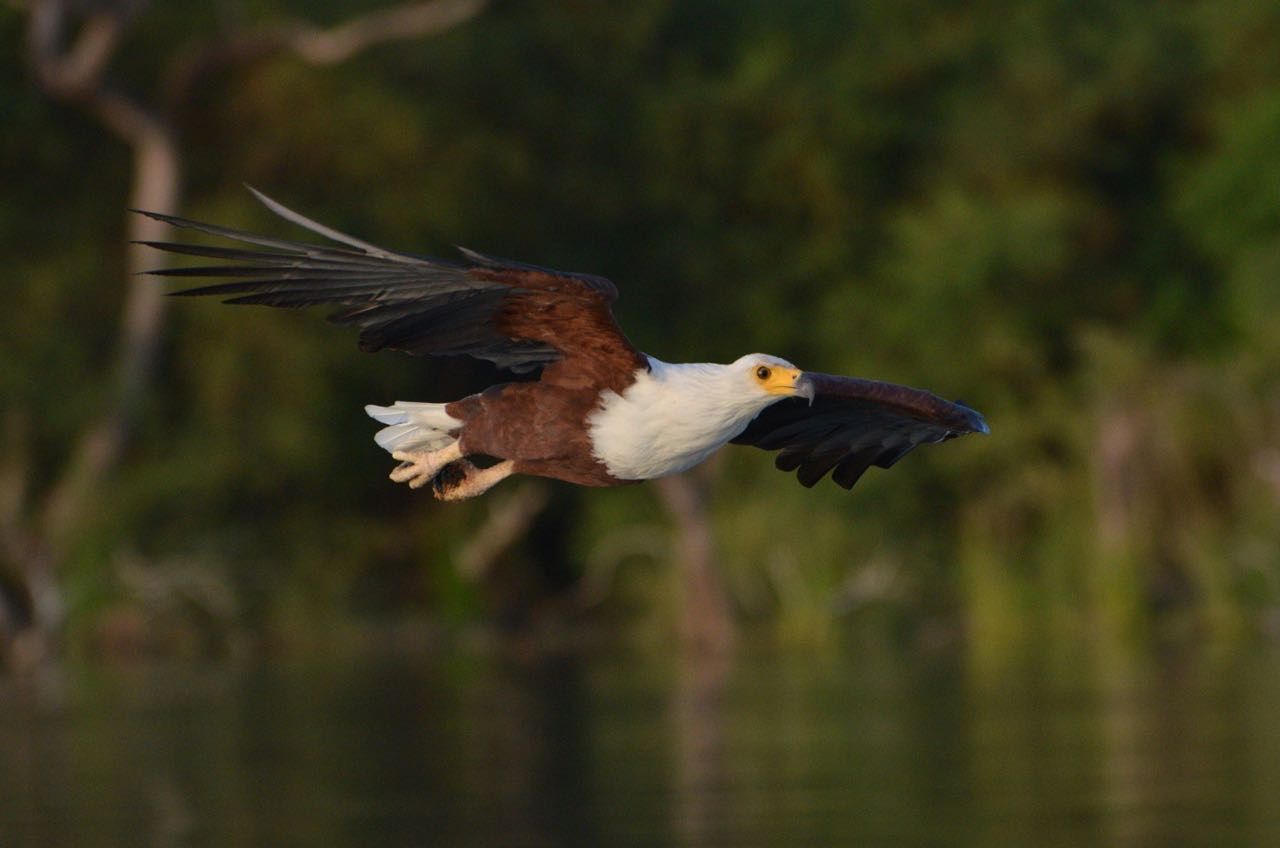
Ecosystem services: Wildlife provides numerous ecosystem services that are essential to human well-being, such as pollination, seed dispersal, and nutrient cycling. These services are critical to the health of our ecosystems, as well as to the food, water, and other resources that we depend on.
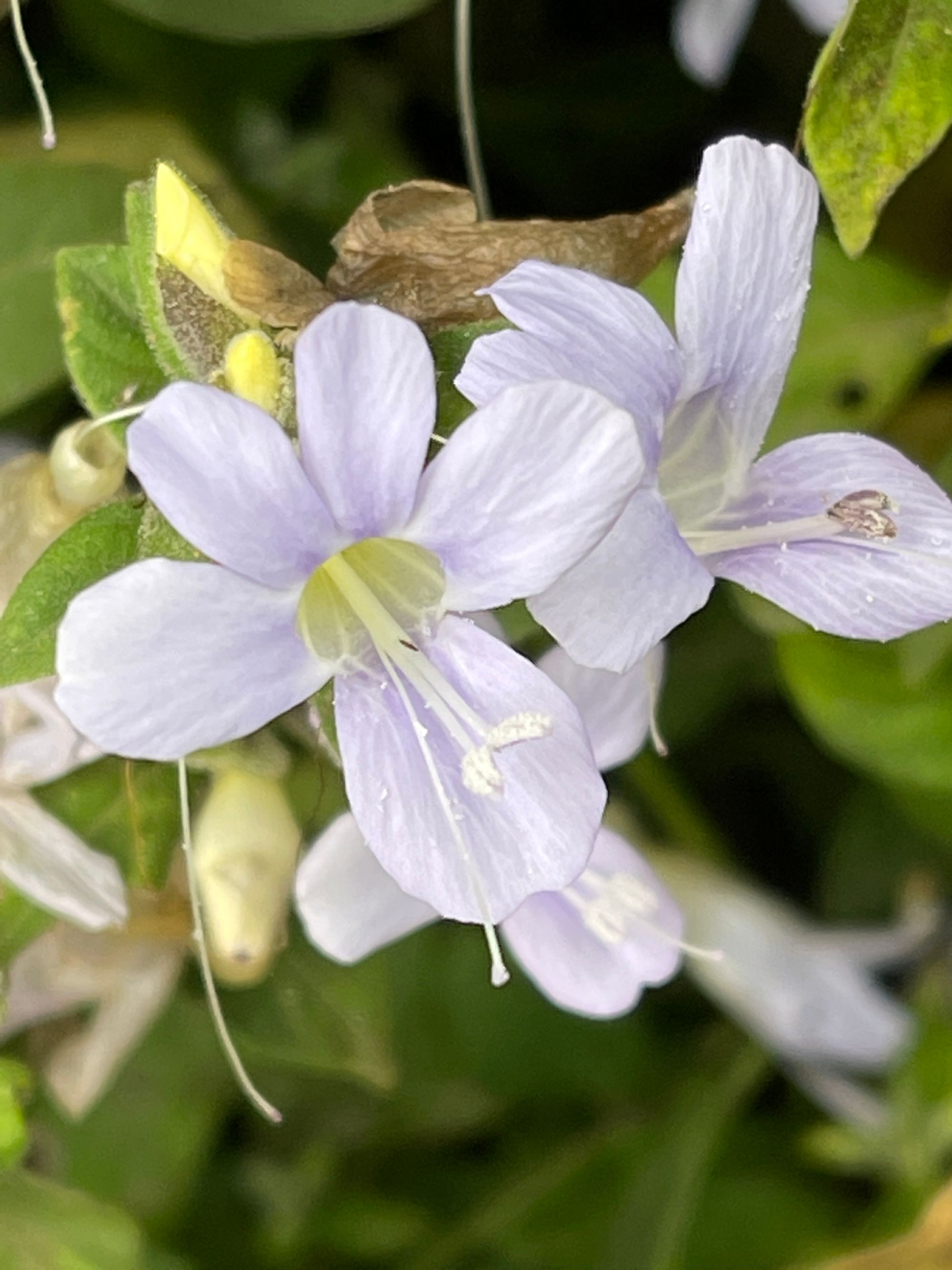
Economic benefits: Wildlife conservation can also provide significant economic benefits, particularly through tourism. Wildlife-based tourism is a major source of revenue for many countries, providing jobs and supporting local economies. Additionally, conservation can lead to the development of new products and technologies, such as biotechnology and eco-tourism.
Cultural significance: Wildlife is often deeply tied to the cultural identity of communities around the world. The conservation of wildlife is not only important for the survival of these species, but also for the preservation of cultural heritage and traditions.
Climate change: Finally, wildlife conservation is essential in the fight against climate change. Many species play a critical role in regulating the Earth's climate. This has got to be the most important reason to protect and defend wilderness and wildlife.
So protecting wildlife and nature is good for our for humanity to thrive, but for this to work, it needs to be practiced globally. Africa, which represents over 30% of the total land area of the Earth, is the second-largest continent in terms of land area, after Asia. The continent is home to a diverse range of ecosystems, from the Sahara Desert in the north to the savannas and tropical rainforests of central and southern Africa. While many individuals and organizations do care and actively support conservation efforts in Africa, in general, conservation is extremely underfunded compared to other continents. The continent faces unparalleled challenges when it comes to securing funding for nature conservation and many African countries are struggling with issues such as poverty, conflict, and political instability, which can make it difficult to prioritize conservation efforts. Additionally, funding sources for conservation, such as government agencies, non-profit organizations, and private donors, are very limited. In Kenya where I live, conservation is considered to be doing better than most countries, and yet it has seen a decline of over 70% of her wildlife in just 50 years. But there are reasons for hope.
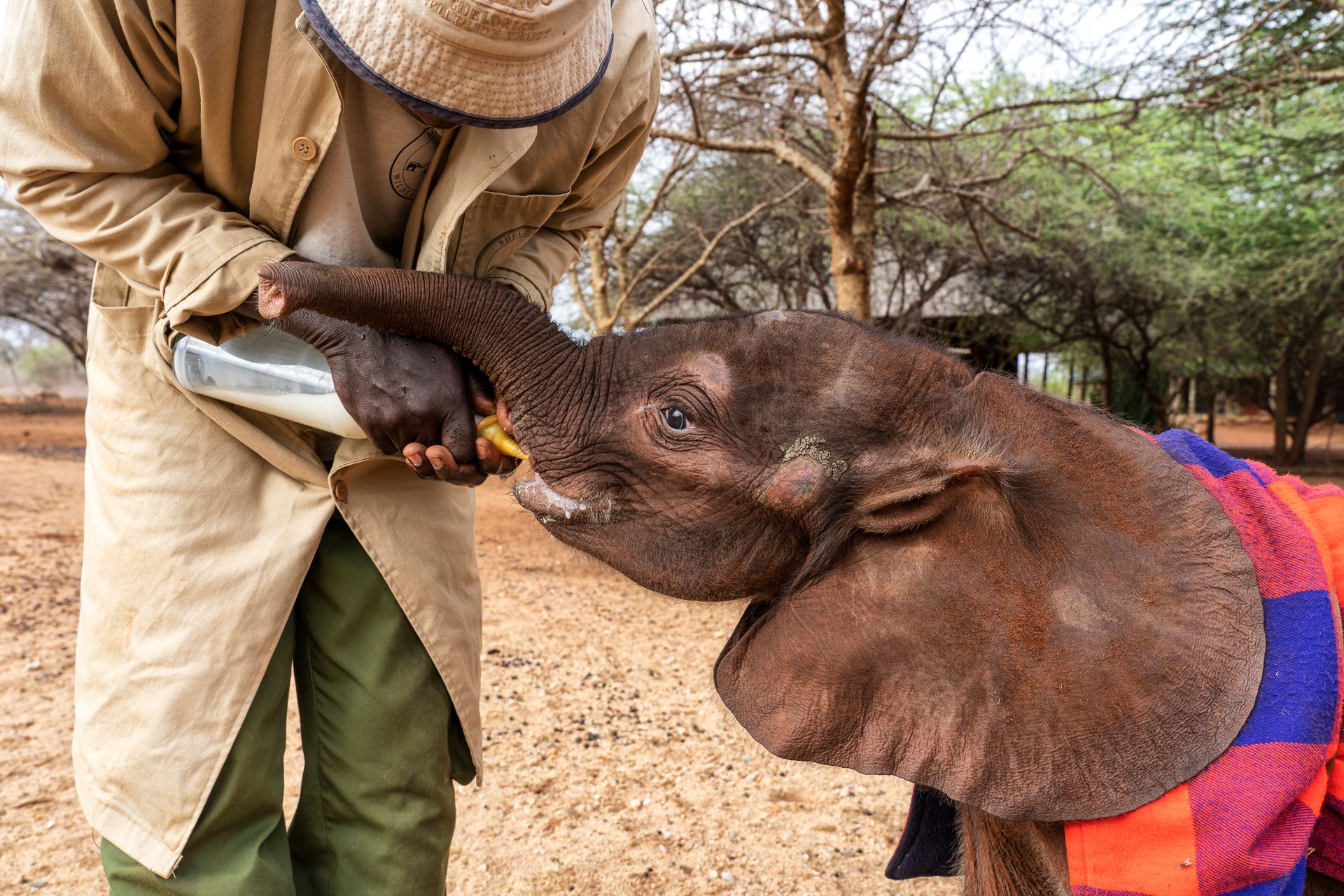
Drawing attention to conservation needs in Africa is tough. It doesn’t help that media coverage of conservation issues in Africa is very limited or focused primarily on negative news, such as stories of poaching and wildlife trafficking. This contributes to a perception that wildlife conservation is a low priority compared to other pressing issues, such as poverty, healthcare, and education. While these issues are certainly important, we often fail to recognize that conservation is also critical to the well-being of communities and ecosystems, as well as to the long-term sustainability of our planet.
Despite the challenges, I personally feel that it is important to continue to raise awareness and educate people about the importance of conservation efforts, and to work together to protect the world's biodiversity and ecosystems. I focus on Africa where the situation is especially underrepresented.
It’s vital that we shift the global perspective and action to support conservation in Africa which is home to some of the world's most iconic wildlife species, from elephants and lions to gorillas and rhinos. All of these animals are under threat from habitat loss, poaching, and other human activities. The need for wildlife conservation in Africa has never been more urgent.
The loss of wildlife has far-reaching consequences for Africa's ecosystems and economies. Wildlife plays a crucial role in maintaining healthy ecosystems, including pollination, seed dispersal, and nutrient cycling. Additionally, wildlife-based tourism is a significant source of revenue for many African countries, providing jobs and supporting local economies.
Despite the importance of wildlife conservation, many species in Africa are declining at an alarming rate. Habitat loss is one of the biggest threats to African wildlife, with forests, grasslands, and wetlands disappearing at an unprecedented rate. Poaching and illegal wildlife trade are also major challenges, with high demand for ivory, rhino horn, and other wildlife products driving these activities.
To address these challenges, there is an urgent need for increased investment in wildlife conservation in Africa. This includes efforts to protect and restore critical habitats, combat poaching and wildlife trafficking, and promote sustainable wildlife-based tourism. It also requires working with local communities to promote coexistence between people and wildlife, and to ensure that conservation benefits are shared equitably.
As individuals, we can also play a role in supporting wildlife conservation in Africa. This can include supporting conservation organizations that work to protect wildlife, choosing sustainable travel options, and advocating for stronger conservation policies and regulations.
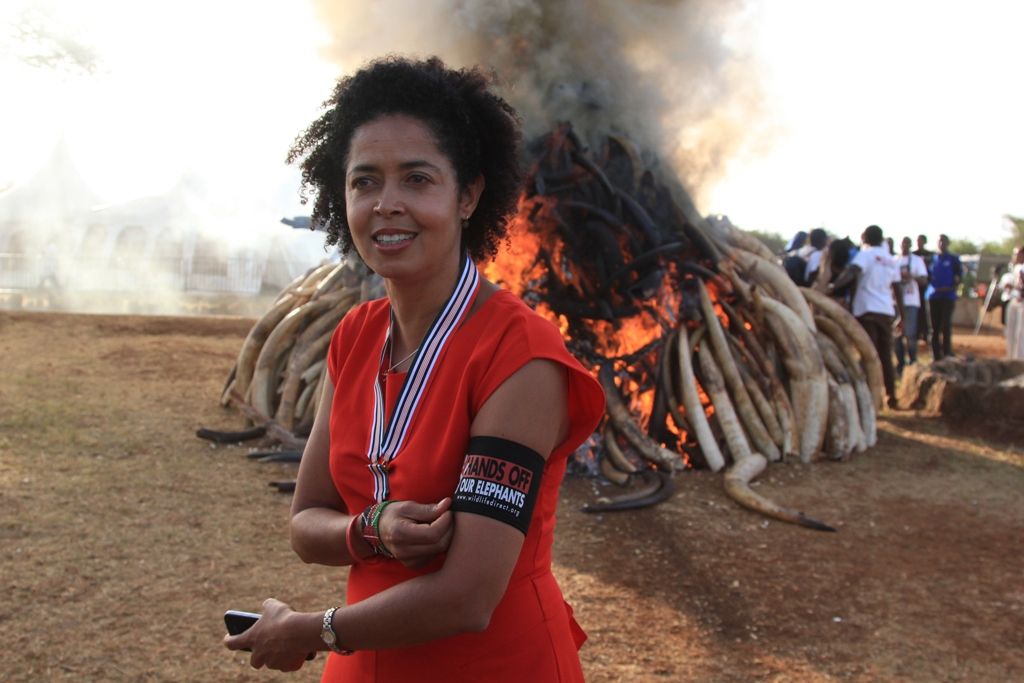
Here are 20 surprising and uplifting things about wildlife and conservation in Africa that most people don’t know:
1. Ivory trade has been banned, poaching is down and African elephants are recovering.
2. Some species of African primates, such as the vervet monkey, have been observed using tools to solve problems and obtain food.
3. The Maasai Mara National Reserve in Kenya is home to the world's largest concentration of wildlife, including over 95 species of mammals, reptiles, and amphibians.
4. African wild dogs are highly social animals and have one of the highest success rates of any predator in hunting prey. Populatiosn are recovering across southern and Eastern Africa.
5. The Okavango Delta in Botswana is the world's largest inland delta and is home to a diverse range of wildlife, including elephants, hippos, and crocodiles.
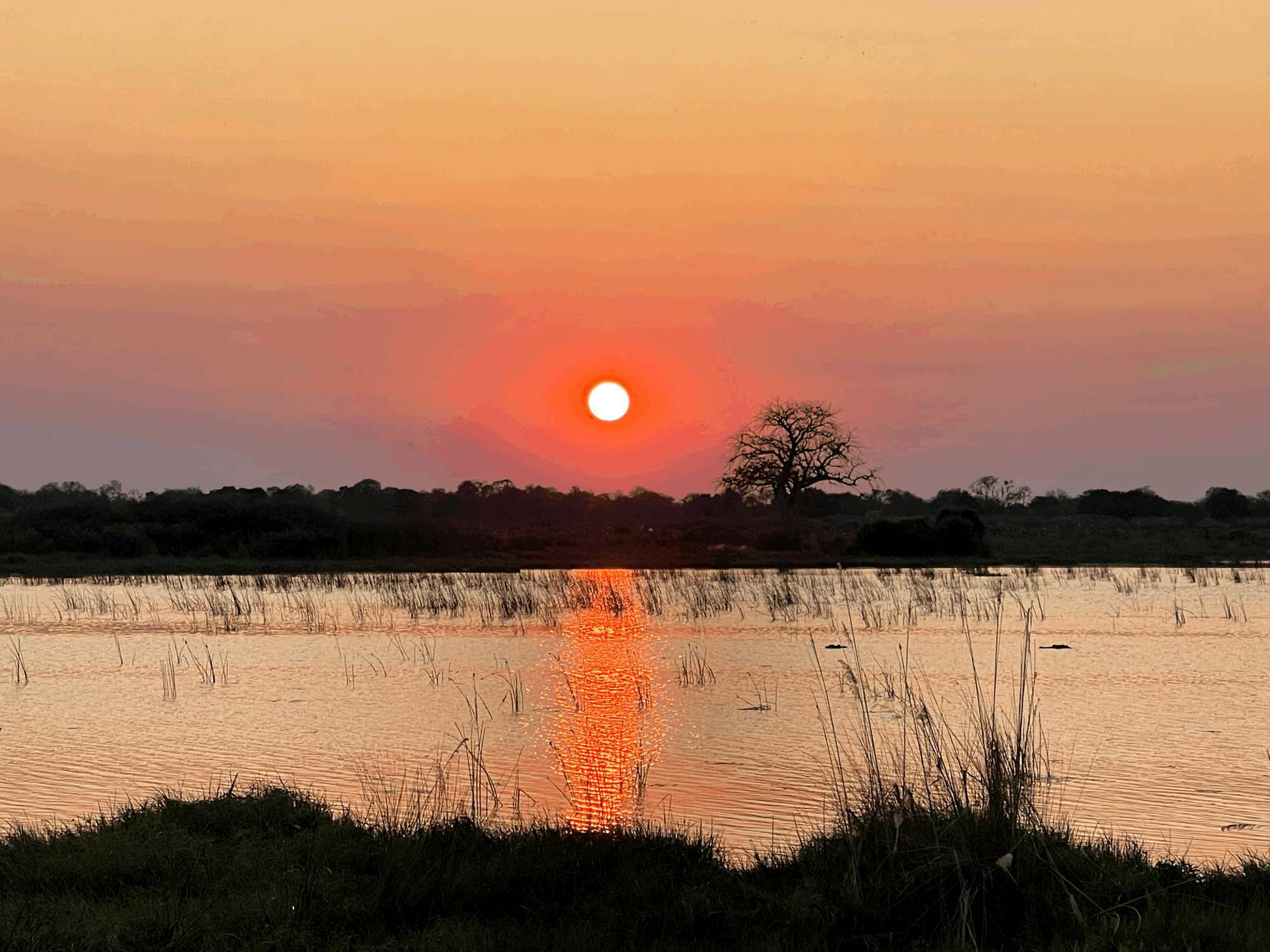
6. Many traditional African cultures have a deep respect for wildlife and have developed cultural practices that help to protect and conserve wildlife.
7. The conservation of wildlife can provide significant economic benefits to local communities, including through tourism and the development of sustainable products and industries.
8. Many African conservation organizations are led by women, who are working to protect wildlife and promote sustainable development in their communities.
9. The Ngorongoro Crater in Tanzania is one of the world's largest volcanic calderas and is home to a diverse range of wildlife, including lions, zebras, and wildebeest.
10. The African penguin, found along the coast of southern Africa, is the only penguin species that breeds on the continent.
11. The African forest elephant Loxodonta cyclotis was only recognized as a separate species in 2020.
12. The conservation of wildlife can have significant impacts on human health, including through the protection of ecosystems that provide clean water and air.
13. Some African countries, such as Rwanda, have made significant strides in developing sustainable tourism industries that support wildlife conservation and local communities.
14. The conservation of cheetahs, one of Africa's most iconic species, is critical to the health of the ecosystems in which they live, as they help to regulate populations of other species.
15. Many African conservation organizations work to engage and educate local communities in conservation efforts, recognizing the importance of community involvement in long-term conservation success.
16. The Mara-Serengeti ecosystem in East Africa is home to one of the world's largest wildebeest migrations, which attracts millions of tourists each year.
17. The African elephant is a "keystone species," meaning that its presence has a significant impact on the health and functioning of the ecosystems in which it lives. Protecting elephants can therefore have far-reaching benefits for other species and for the ecosystem as a whole.
18. The TV series Wildlife Warriors produced in Kenya shines a light on African conservation heroes and is the first of it’s kind in the continent. It has been viewed in 26 African countries and African wildlife film making is now an emerging industry.
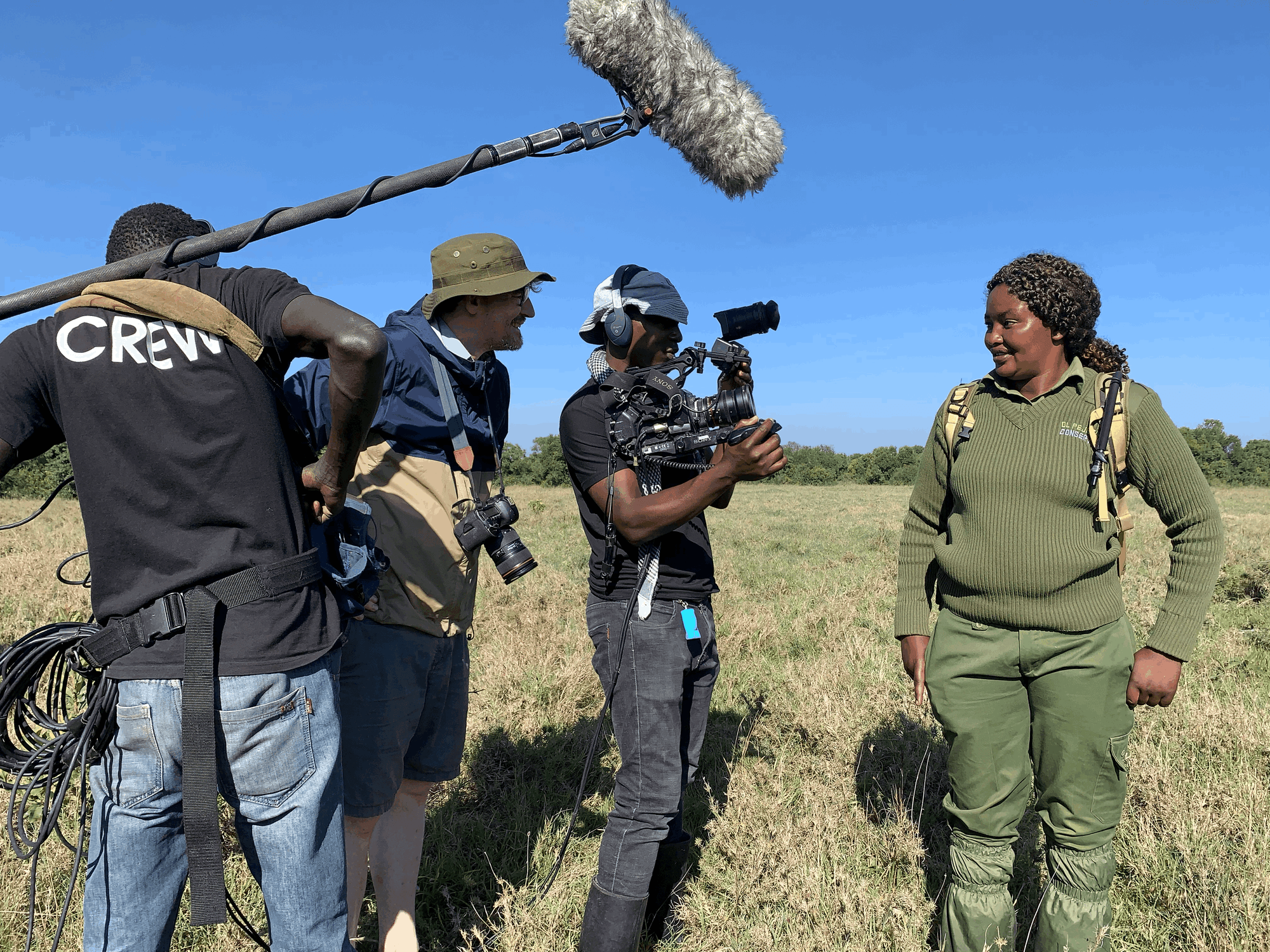
19. Pangolins are a sacred protected species in Zimbabwe.
20. Thousands of children in Africa are learning about nature
